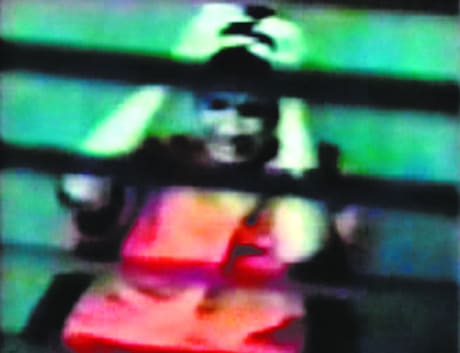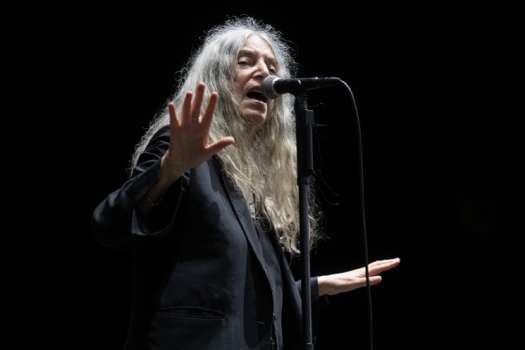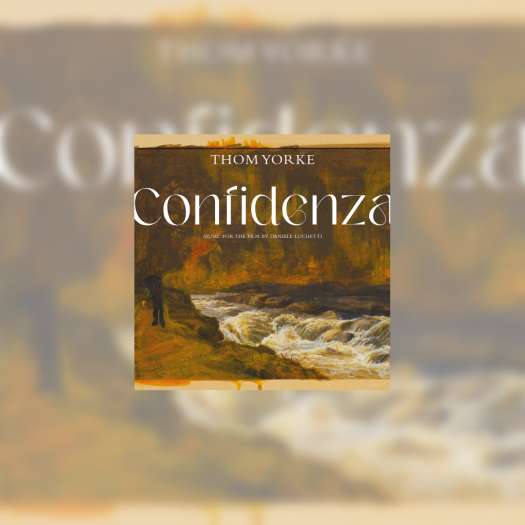Most informed Canadians are likely already aware of Omar Khadr, the Scarborough, ON born 15-year-old captured by U.S. soldiers following a four-hour firefight in Ayub Kheyl, Afghanistan in 2002. Allegedly, he threw a grenade that killed an American soldier, leading to his detention at Guantanamo Bay, where he was repeatedly tortured and denied access to Canadian aid groups and legal representation.
In February 2003, a Canadian Foreign Affairs Intelligence Officer by the name of Jim Gould and a CSIS official were allowed to interrogate Khadr over a period of four days. Since these sessions were recorded, and the material declassified by the Supreme Court of Canada (aside from occasional muting at the request of CSIS), this documentary features this footage throughout, bringing to light some of the psychological abuse this teenager was subjected to.
While the bulk of this incisive and briskly paced documentary is comprised of these sessions, with the interrogator regularly vacillating between relatable friend and accusatory sociopath, well-timed interviews and straightforward exposition break things up to contextualize and offer opinion. Fellow prisoners, psychologists, lawyers and The Toronto Star's Michelle Shephard discuss likely happenings, along with Khadr's mental state.
Amongst the many arguments and pivotal points of interest, an overwhelming sense of empathy permeates the film. Political affiliations are one thing, as are opinions on terrorist countermeasures, but what You Don't Like the Truth points out is that this kid was 15 years old, scared and feeling like no one in the world cared. They do suggest the unlikelihood of his perpetrating his proposed crime, but stick more so to emotional realities and humanitarian concerns.
In this sense, there is little to criticize, seeing that the film successfully does what it sets out to. On the other hand, some background on interrogation techniques and political climate at the time might have balanced things out more professionally.
(Kinosmith)In February 2003, a Canadian Foreign Affairs Intelligence Officer by the name of Jim Gould and a CSIS official were allowed to interrogate Khadr over a period of four days. Since these sessions were recorded, and the material declassified by the Supreme Court of Canada (aside from occasional muting at the request of CSIS), this documentary features this footage throughout, bringing to light some of the psychological abuse this teenager was subjected to.
While the bulk of this incisive and briskly paced documentary is comprised of these sessions, with the interrogator regularly vacillating between relatable friend and accusatory sociopath, well-timed interviews and straightforward exposition break things up to contextualize and offer opinion. Fellow prisoners, psychologists, lawyers and The Toronto Star's Michelle Shephard discuss likely happenings, along with Khadr's mental state.
Amongst the many arguments and pivotal points of interest, an overwhelming sense of empathy permeates the film. Political affiliations are one thing, as are opinions on terrorist countermeasures, but what You Don't Like the Truth points out is that this kid was 15 years old, scared and feeling like no one in the world cared. They do suggest the unlikelihood of his perpetrating his proposed crime, but stick more so to emotional realities and humanitarian concerns.
In this sense, there is little to criticize, seeing that the film successfully does what it sets out to. On the other hand, some background on interrogation techniques and political climate at the time might have balanced things out more professionally.




